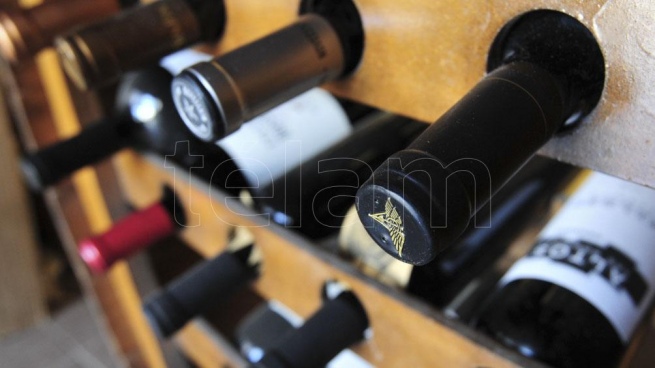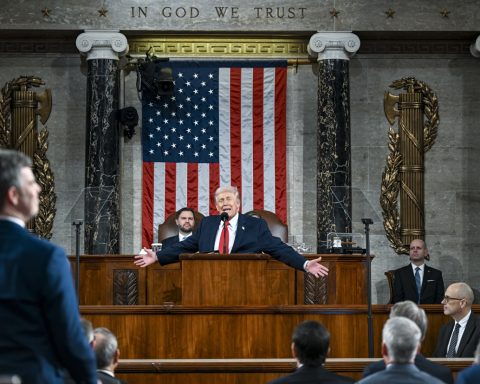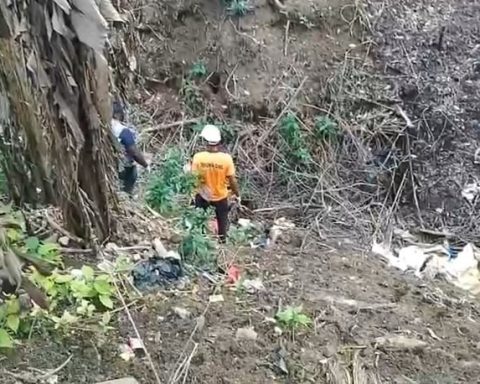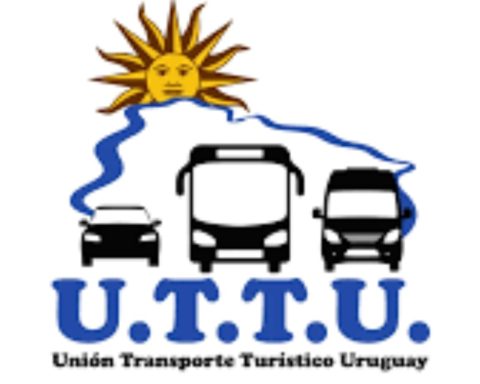The wine sector was one of the productive areas least affected by the coronavirus pandemic, sustained by an improvement in domestic consumption and growth in exports, to which was added a new boost to wine tourism, assured the president of the Wine Corporation Argentina (Coviar), Joseph Alberto Zuccardi.
In an interview with Télam, the head of Coviar, a public-private body that manages and articulates the necessary actions to comply with the objectives of the Argentina Vitivinícola Strategic Plan (PEVI), pointed out that the sector is currently in a “balanced market situation“.
Here are the main sections of the report:
-How is the wine sector today, after the pandemic?
-The evolution of viticulture has been good in the last two years; we had a very good 2020 of sales in the domestic market and in 2021 a record of exports, surpassing the previous one of 2015; Another encouraging factor for Argentine viticulture is the growth of wine tourism, one of the axes of the 2030 Strategic Plan; In addition to the current recovery of international tourism due to the restoration of connectivity, Argentines discovered wine tourism.
– Did it compensate for the absence of foreign tourism?
-In large part, and it has even been a surprise for the people themselves, who found a high-quality offer within the country; that has been a very virtuous process, which has no ceiling and has been developing; today there are 16 provinces that produce wine and have some wine tourism project.
-In what situation is the market today?
-Today we are in a situation of market equilibrium; we have balanced stocks, something very important because in the last ten years we have gone from having surpluses and lower prices to imports; That allowed last year to start a process of recomposition of producer prices that improved income and this year we have a harvest that the INV estimates to be 13% lower, which will also mean a recomposition, the grape purchase terms are shortened and the prices are improved. prices.

-What would be the most urgent issues to resolve?
-The most important is the exchange rate, last year we started with a very good exchange rate but later the dollar did not keep up with inflation; If this is not reversed, it is very complicated for viticulture, like any other export activity.
-The internal market does not compensate?
-In 2020 we grew a lot because the pandemic increased wine consumption and its role at the family table was reaffirmed; In 2021, consumption fell back a bit due to the recomposition of prices, which had been very late; wine is strong in the internal market, but we depend a lot on the situation of purchasing power and the exchange rate, which define the internal and external markets.
-What other issues concern the sector?
-We are now working with a loan that the country is going to take with the IDB, for US$40 million, for sustainability issues in the sector, Proviar II, where the priority is to resolve aspects of the water crisis, focused on small producers; the objective is always the integration of the smallest producers into the chain.
-How is the link with the public sector?
-It’s positive, we have a good relationship with the Ministry of Agriculture, the minister (Julián) Domínguez was the author of the Argentine Wine National Drink Law; With the Ministry of Production, we proposed the “Plan 1000”, to reach US$ 1,000 million in bottled wine exports, which to achieve it we only need a better exchange rate.
-What was the impact of the reduction of duties on exports of regional economies for the sector?
-It has an impact on the very small companies in the sector, those that export less than US$500,000, which numerically are many but represent only 4% of exports; our banner is to eliminate export duties, not from a position contrary to export duties but because we believe that wine should not pay them for its added value; There should be a differential treatment with respect to basic raw materials, which do have to contribute.
-What do you think of the complaint by the wineries in the south of the country about an attempt to appropriate the Patagonia brand?
-We fully support the claim, the right to defend geographical indications in the world of wine is respected and must be respected; That someone wants to appropriate the name Patagonia is absurd; We do not agree that a foreign winery appropriates the brand and intends to take possession of it through a registration maneuver; We will work to prevent that from happening.
-Was the bottle shortage problem that affected the sector solved?
-We are better than at the end of the year, when there were no bottles; the glass industry is solving the problem; some companies have doubled production and are finishing repairing the damage that caused the shortage; although it is a chapter not yet passed, it has a horizon of 60 days to resolve it; The other serious problem we had was logistics, the lack of space on ships and containers, and the closure of the border with Chile for health reasons, was very damaging to the sector’s exports; hopefully it will be resolved so that we can return to having the previous spaces and costs.
-What is the sector’s position on the zero alcohol behind the wheel bill?
-We believe that wine is food and that the transit problem cannot be solved with zero tolerance; we are working to contribute to education and punishment, when appropriate; all other causes of accidents must be attacked; wine is a food that contains alcohol and not alcohol, when it is removed from the table, space is opened for other drinks that are very harmful to health; we are going to join together to contribute to the solution of the problem so that there are fewer accidents.

















